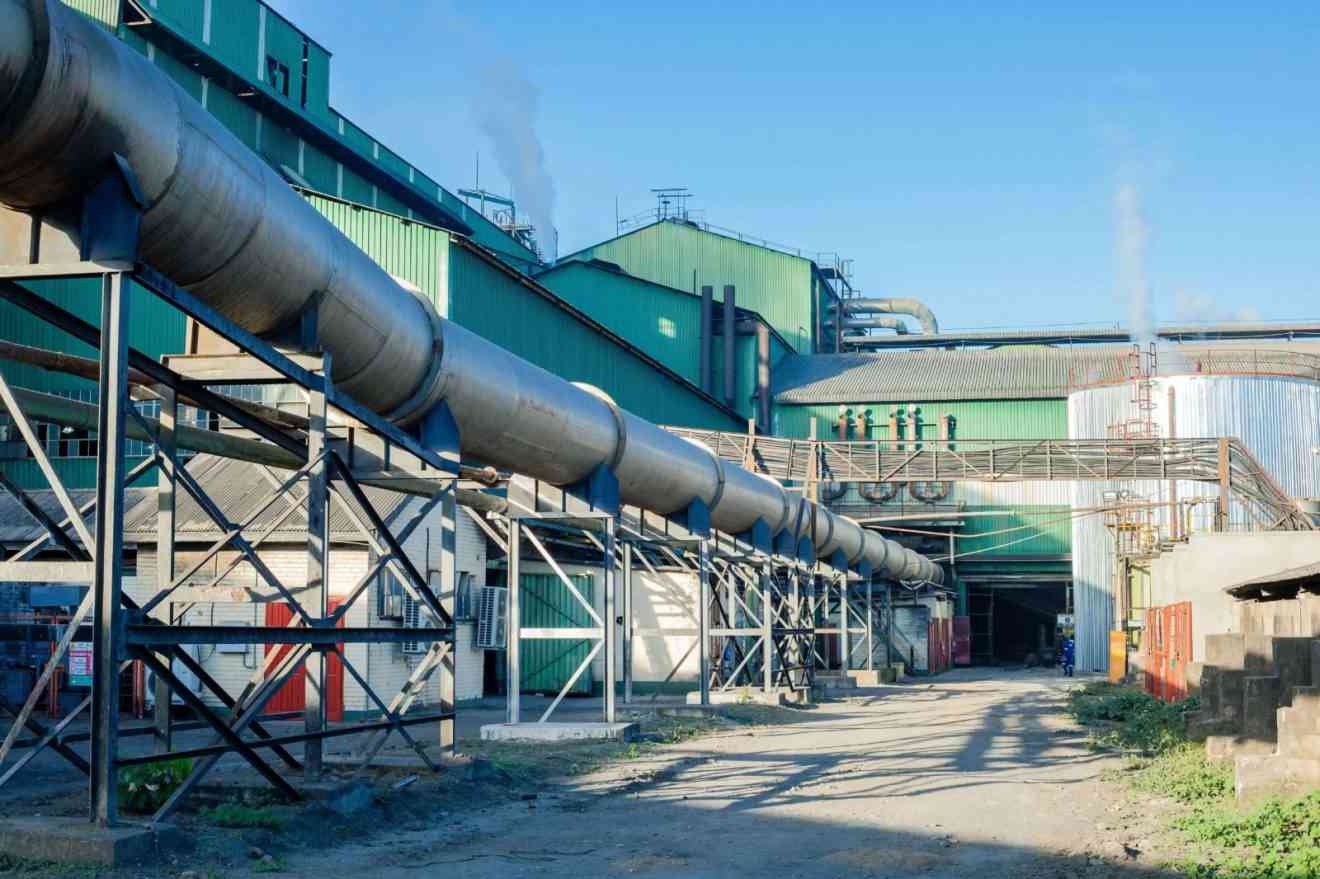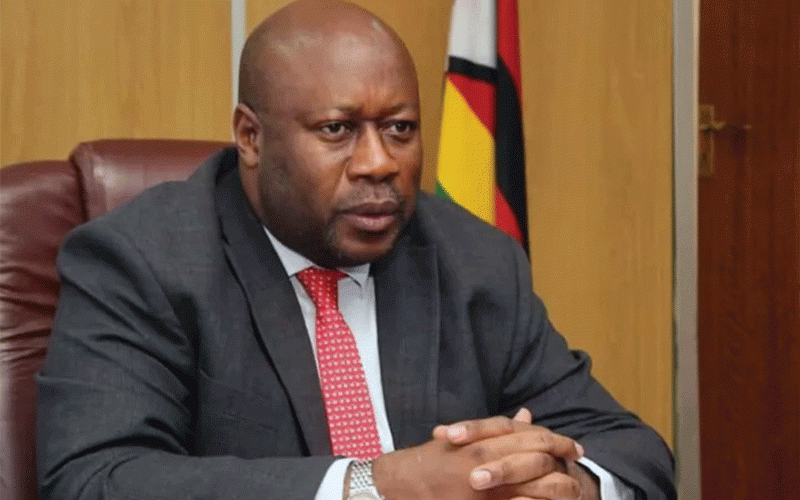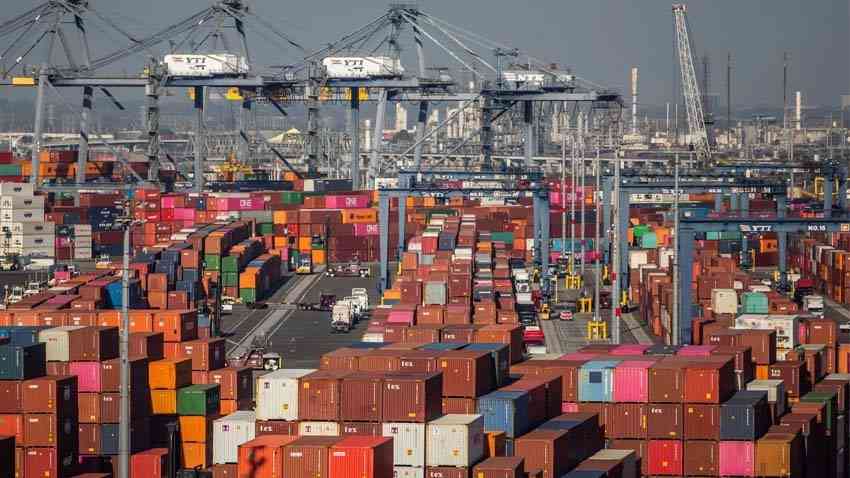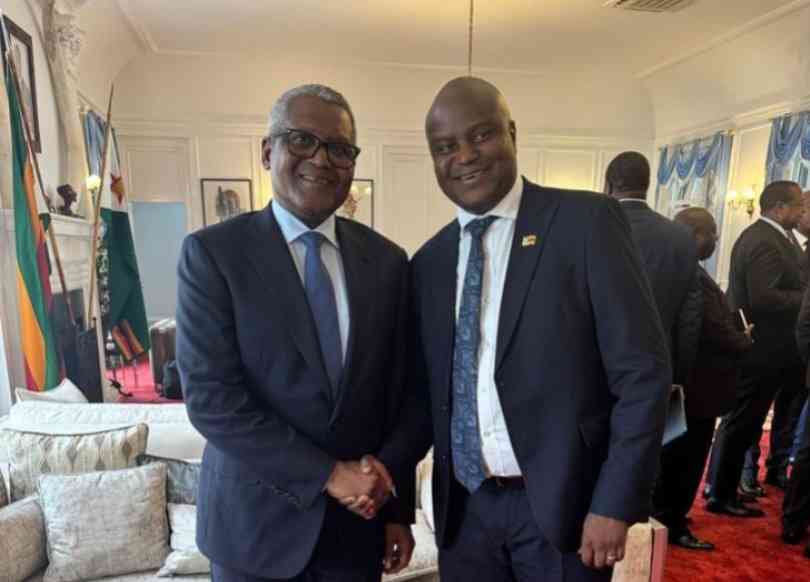
The Infrastructure Development Bank of Zimbabwe (IDBZ) disbursed close to $70 million to fund 32 infrastructure projects in the first three months of the year.
The bulk of the projects were in the water and sanitation sector as well as the transport sector.
In emailed responses to NewsDay, IDBZ public relations executive Priscillah Mapuranga said the first quarter performed 20% better than the first quarter of 2011 due to increased non-funded income and improved cost control.
IDBZ said operating income was at par with the forecasts.
Lending during the first quarter has slowed down due to delays in the draw-downs on lines of credit secured by the bank amounting to $40 million, said IDBZ.
Customer and market deposits grew by 84% in the first quarter from 2011.
IDBZ said government injected $9 million, following a rights issue conducted last year to capitalise the bank to carry out its infrastructure mandate.
IDBZ was launched by the Zimbabwe Government as a vehicle for the mobilisation of infrastructure development, with finance from both domestic and international sources.
- Chamisa under fire over US$120K donation
- Mavhunga puts DeMbare into Chibuku quarterfinals
- Pension funds bet on Cabora Bassa oilfields
- Councils defy govt fire tender directive
Keep Reading
The Banks mandate is to mobilize financial and technical resources of appropriate duration and cost for public and private institutions involved in infrastructure development and to facilitate investment in infrastructure.
In March, IDBZ and the Development Bank of Southern Africa inked a $1 million deal for feasibility studies into the construction of the Harare-Beitbridge road.
Last year, IDBZ set up a $30 million credit facility mainly for the construction industry.
Analysts say rehabilitation and development of the countrys infrastructure remains an essential priority for supporting economic activity, thereby consolidating the socio-economic recovery and growth agenda.
Given that the economy is still in recovery mode, emphasis will be on rehabilitation, with capacity-expansion restricted to selected and well prioritised projects in line with resource and capacity availability, said Finance minister Tendai Biti in his 2012 National Budget statement.











